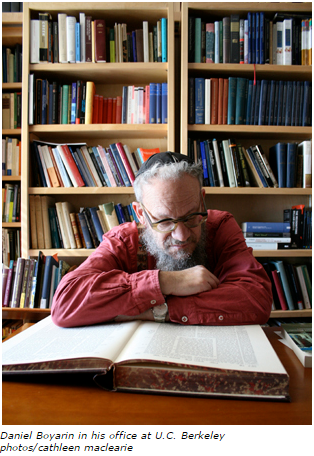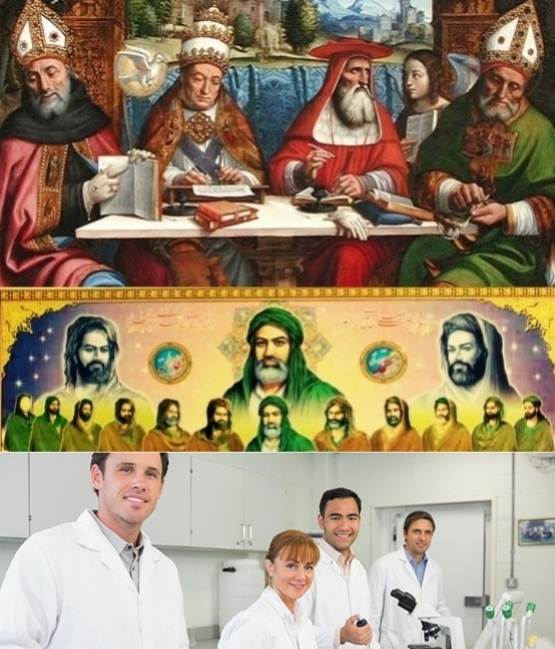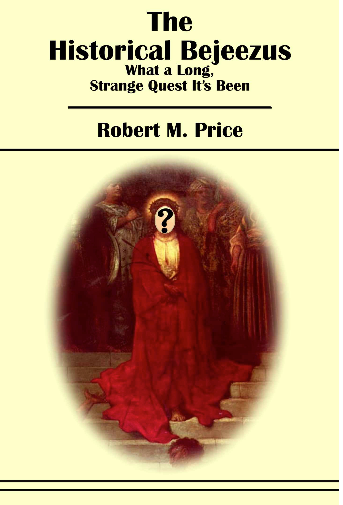Raphael Lataster article that recently appeared in The Washington Post as well as The Conversation opened with these words:
Did a man called Jesus of Nazareth walk the earth? Discussions over whether the figure known as the “Historical Jesus” actually existed primarily reflect disagreements among atheists. Believers, who uphold the implausible and more easily-dismissed “Christ of Faith” (the divine Jesus who walked on water), ought not to get involved.
Christian evangelist scholar John Dickson saw red and responded:
No student – let alone an aspiring scholar – could get away with suggesting that Christians “ought not to get involved” in the study of the historical Jesus. This is intellectual bigotry and has no place in academia, or journalism.
I read Raphael’s words as a bit of common-sense advice. How can anyone whose faith commits them to believing in the divine Jesus who walked on water possibly approach the question with a truly open mind? One would expect from such people little more than hostility and insults. And that’s exactly how two believers have responded in print to Raphael’s article.
John Dickson has very little to say (at least honestly or accurately) in response to Raphael Lataster’s alerts to various problems with both the evidence for the historical Jesus and the methods Bible scholars have generally used to study him but he does have a lot of good old Christian and scholarly invective to vent:
“Mythicists” are the historical equivalent of the anti-vaccination crowd in medical science. They are controversial enough to get media attention. They have just enough doctors, or doctors in training, among them to establish a kind of “plausible deniability.” But anyone who dips into the thousands of secular monographs and journal articles on the historical Jesus will quickly discover that mythicists are regarded by 99.9% of the scholarly community as complete “outliers,” the fringe of the fringe. And when mainstream scholars attempt to call their bluff, the mythicists, just like the anti-vaccinationists, cry “Conspiracy!” This is precisely what Raphael does . . . . It is as if he thinks he wins the game by declaring all its rules stupid and inventing his own path.
And later we read this:
[Lataster’s article] underlines the impropriety of a student in religious philosophy, whatever his faith perspective, assuming the mantle of academic historian.
Of course Raphael nowhere even hints the word “conspiracy” nor does he “assume the mantle of an academic historian”. In fact what he does is bring to the public attention what every critical scholar knows about the state of evidence and problems with traditional methodologies in relation to the historical Jesus.
John Dickson is a Christian evangelist who attempts to argue in his various publications that sound historical methods leave the objective inquirer in no doubt about the fundamentals of the Gospel narratives about Jesus. I suppose he therefore has good reason to fear a publicizing of the the simple facts about the problems with the evidence and methods that critical scholars know only too well. As a believer he can hardly be expected to seek to argue against Latater’s article solely on a rational level.
Raphael has in fact sought to publicly debate John Dickson without success:
John Dickson surprisingly (we have always been very friendly) defriended me after he wrote a (grossly inaccurate) reply article to my own on Jesus’ possible ahistoricity, and continues to refuse to debate with me on Jesus’ resurrection (i.e. the Jesus he actually believes in). I would think that believers would relish the chance to show their courage and defend their faith. I’m not that scary… If anyone would like to see this debate happen, do let John and I know. John’s contact:
http://www.johndickson.org/contact.html
Michael Bird, too
Meanwhile a colleague of John’s, Michael Bird, (editor and co-author of How God Became Jesus, a response to Bart Ehrman’s How Jesus Became God), joined the fray on Euangelion with Taking on the Jesus Mythicists. I didn’t think anyone could surpass JD for ad hominem, distortions and blatant inaccuracies in a response but Michael Bird certainly did. Continue reading “Why Believers Ought Not To Get Involved in the Christ Myth Question”
Like this:
Like Loading...



